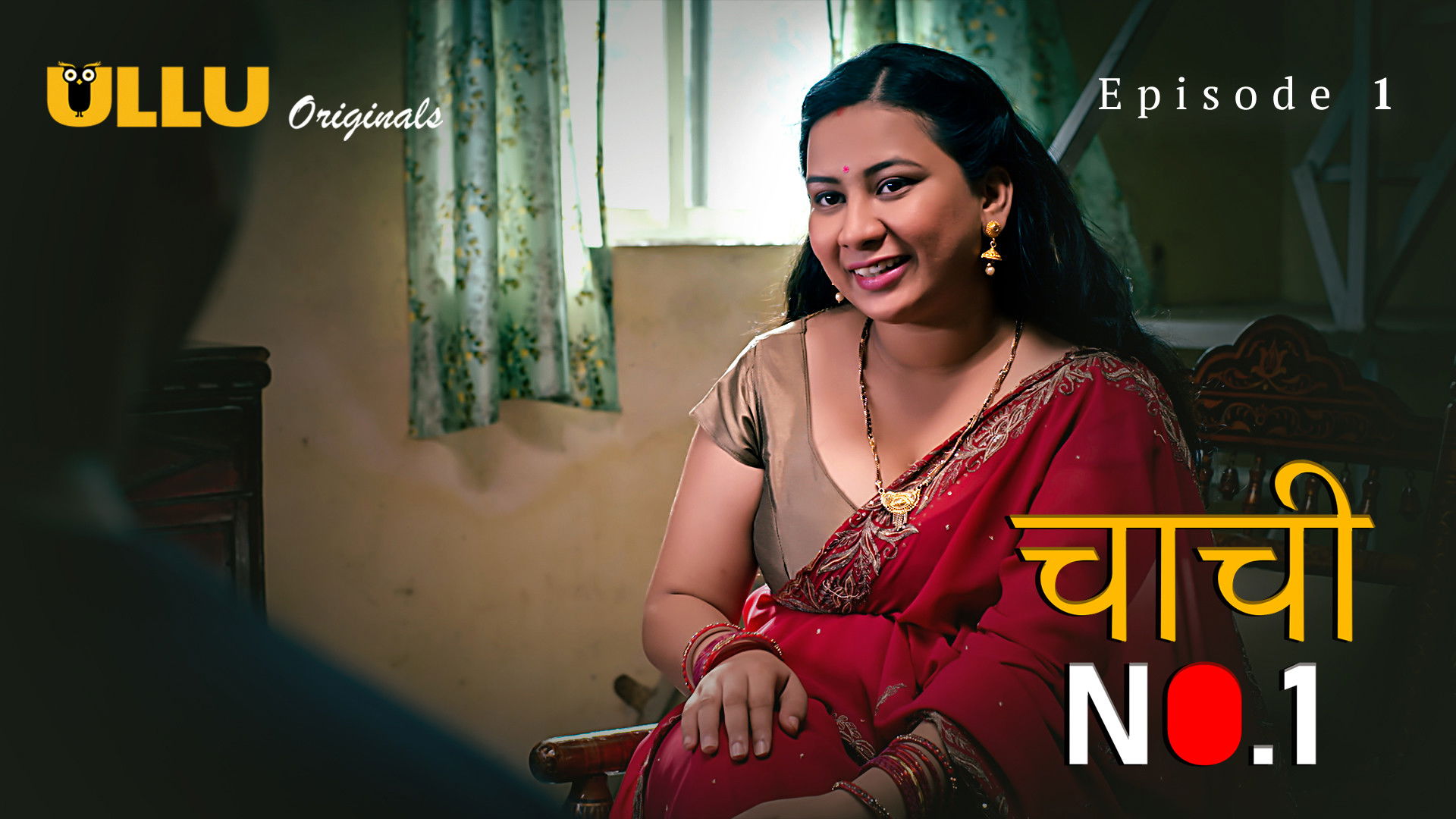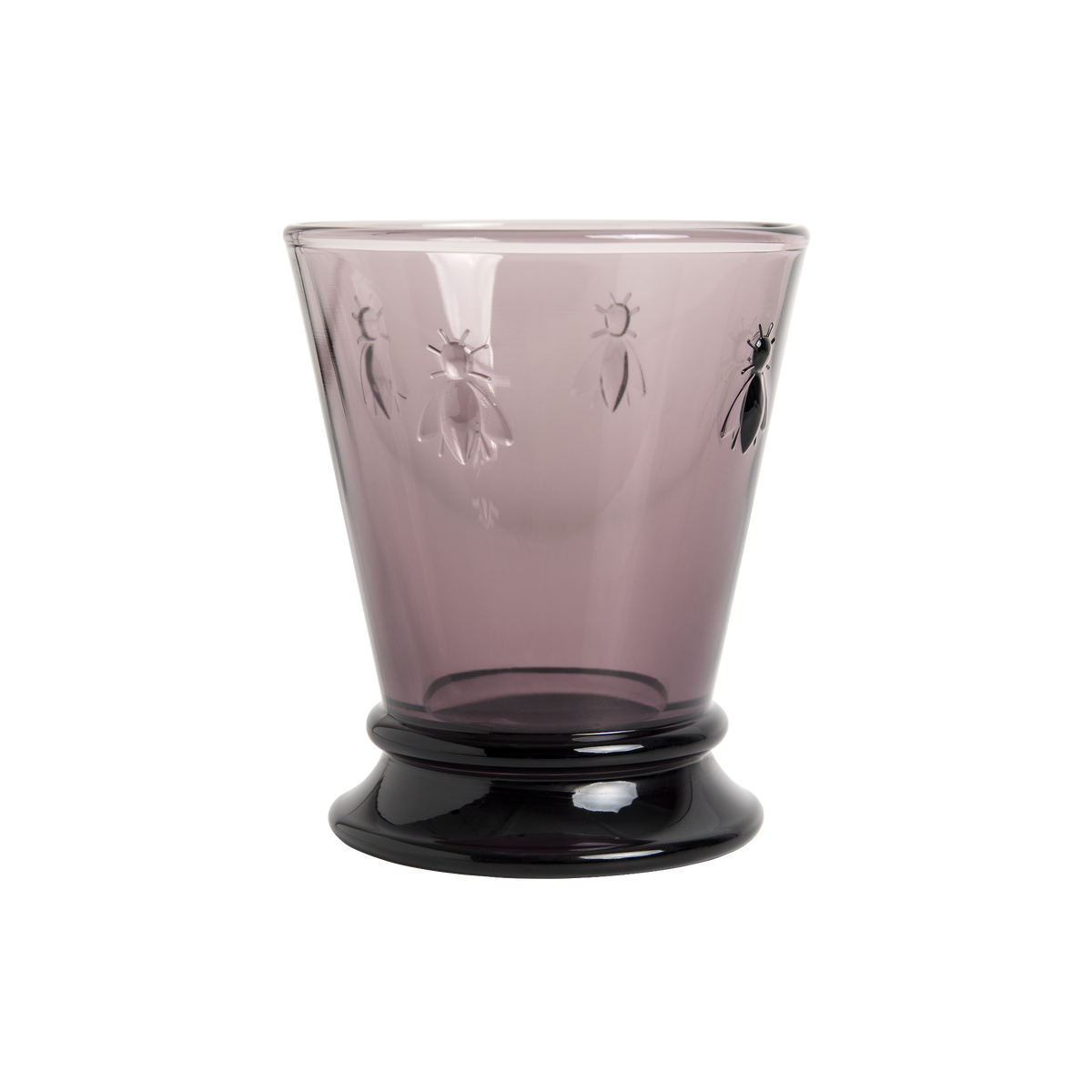Unveiling The Mysteries Of Agmaal: A Deep Dive Into Its Origins And Significance
Have you ever stumbled upon the term "agmaal" and wondered what it could possibly mean? Well, buckle up, because we're about to take you on a wild ride into the world of this fascinating concept. Agmaal is not just some random word; it carries layers of meaning that we're about to peel back one by one. Whether you're a linguist, a history buff, or just someone curious about the unknown, this article is your go-to guide to understanding agmaal in all its glory.
Now, I know what you're thinking. "Why should I care about agmaal?" Fair question. But here's the thing—understanding agmaal can open doors to a deeper appreciation of cultural nuances, historical contexts, and even modern applications. It's like finding a hidden gem that nobody talks about. So, if you're ready to dive deep, let's get started.
Before we dive into the nitty-gritty, let me assure you that this isn't just another boring article. We're going to break it down in a way that's both informative and engaging. Think of it as a friendly chat over coffee, where we explore the mysteries of agmaal together. No stuffy language, just good old-fashioned curiosity. Let's go!
The Genesis of Agmaal: A Journey Through Time
So, where did agmaal come from? Like most intriguing concepts, its origins are shrouded in mystery. Some historians trace it back to ancient civilizations, while others believe it emerged more recently. What we do know is that agmaal has roots in linguistic traditions that span continents. It's like a melting pot of ideas, blending different cultures into one cohesive concept.
Picture this: ancient traders traveling across the Silk Road, exchanging not just goods but ideas and words. Agmaal might have been one of those words that caught on, evolving over time as it passed through different hands. It's a testament to how language adapts and grows, much like the people who use it.
Understanding Agmaal: Key Definitions and Variations
What Exactly is Agmaal?
At its core, agmaal refers to a system or practice that emphasizes balance and harmony. Think of it as the yin and yang of life, where opposing forces come together to create something greater. Depending on the context, agmaal can take on different meanings, from a philosophical concept to a practical tool for decision-making.
- Who Are Shane Gillis Sisters Get To Know The Comedians Siblings
- Devon Larratts Wife An Insight Into His Personal Life
Common Variations of Agmaal
- Agmaal Classic: The original form, often used in historical texts to describe societal structures.
- Agmaal Modern: A contemporary adaptation, focusing on personal development and mindfulness.
- Agmaal Hybrid: A blend of traditional and modern elements, popular in global business practices.
Each variation brings something unique to the table, making agmaal a versatile concept that can be applied in various fields. Whether you're a philosopher or a corporate executive, there's an agmaal version for you.
Agmaal in Practice: Real-World Applications
Now that we've covered the basics, let's talk about how agmaal is used in the real world. It's not just a theoretical concept; it has practical applications that can benefit individuals and organizations alike. From improving communication to enhancing decision-making, agmaal offers a range of tools that can be tailored to specific needs.
Case Study: Agmaal in Corporate Settings
Take, for example, a multinational company that adopted agmaal principles to improve team dynamics. By focusing on balance and collaboration, they were able to boost productivity and morale. Employees reported feeling more engaged and motivated, leading to better overall performance.
Agmaal in Personal Development
On a personal level, agmaal can help individuals achieve greater balance in their lives. By understanding the interplay between different aspects of life—work, relationships, health—people can make more informed decisions that lead to long-term satisfaction. It's like having a personal life coach, but with a historical twist.
The Cultural Impact of Agmaal
Agmaal isn't just a concept; it's a cultural phenomenon that has influenced societies for centuries. Its impact can be seen in art, literature, and even everyday language. Think about it: how many times have you heard someone say, "It's all about balance"? That's agmaal in action, albeit in a more casual form.
Culturally, agmaal represents the human desire for harmony and understanding. It's a reminder that, despite our differences, we all share a common goal—to live meaningful and fulfilling lives. And in today's fast-paced world, that's more important than ever.
Scientific Perspectives on Agmaal
For those who prefer a more analytical approach, there's plenty of scientific research supporting the principles of agmaal. Studies have shown that balanced systems, whether in nature or society, tend to be more stable and resilient. This aligns perfectly with the core idea of agmaal: finding balance leads to greater success and sustainability.
Researchers have also explored the psychological benefits of agmaal, particularly in stress management and mental health. By practicing agmaal techniques, individuals can reduce stress levels and improve their overall well-being. It's like giving your brain a spa day, but with a historical twist.
Challenges and Criticisms of Agmaal
No concept is perfect, and agmaal is no exception. Critics argue that its broad and sometimes vague definitions can make it difficult to apply in practical situations. Others question its effectiveness in modern contexts, where rapid change often demands quick, decisive action rather than careful balance.
Despite these challenges, proponents of agmaal argue that its adaptability is its greatest strength. By embracing flexibility and open-mindedness, agmaal can evolve to meet the needs of today's world. It's a living concept, constantly growing and changing alongside the people who use it.
The Future of Agmaal
So, where is agmaal headed in the future? With advancements in technology and globalization, the concept is likely to become even more relevant. As we navigate an increasingly interconnected world, the need for balance and understanding will only grow. Agmaal offers a framework for achieving that, making it a valuable tool for generations to come.
Imagine a future where agmaal principles are integrated into education systems, corporate structures, and even government policies. It's not just a dream; it's a possibility that many are working towards. By embracing agmaal, we can create a world that values harmony and cooperation above all else.
Conclusion: Why Agmaal Matters
Let's wrap things up with a quick recap. Agmaal is more than just a word; it's a concept that has shaped societies for centuries. From its ancient origins to its modern applications, agmaal offers a wealth of knowledge and insight that can benefit anyone willing to explore it. Whether you're looking to improve your personal life or enhance your professional skills, agmaal has something to offer.
So, what's next? I encourage you to take what you've learned and apply it to your own life. Share this article with friends and family, and start a conversation about the power of balance and harmony. Together, we can create a world that truly embodies the spirit of agmaal.
Table of Contents
- The Genesis of Agmaal: A Journey Through Time
- Understanding Agmaal: Key Definitions and Variations
- Agmaal in Practice: Real-World Applications
- The Cultural Impact of Agmaal
- Scientific Perspectives on Agmaal
- Challenges and Criticisms of Agmaal
- The Future of Agmaal
- Conclusion: Why Agmaal Matters
- Subheading: What Exactly is Agmaal?
- Subheading: Common Variations of Agmaal
And there you have it—a comprehensive guide to agmaal that's both informative and engaging. Thanks for joining me on this journey, and remember: balance is the key to everything. Now go out there and make agmaal work for you!



Detail Author:
- Name : Katrine Hermiston
- Username : schneider.jacquelyn
- Email : braulio13@wisoky.com
- Birthdate : 1972-06-26
- Address : 729 Sanford Harbor Deshaunchester, NV 10418
- Phone : 1-347-972-6022
- Company : Mueller, Hyatt and Schmidt
- Job : Multi-Media Artist
- Bio : Et voluptatem odio dolorem et. Consequuntur iure quis nihil enim delectus ut. Modi aut enim eum enim. Aut ut magni dolorum ut autem ut.
Socials
facebook:
- url : https://facebook.com/jordi_official
- username : jordi_official
- bio : Maiores ipsa repellendus aut.
- followers : 1381
- following : 834
linkedin:
- url : https://linkedin.com/in/o'connellj
- username : o'connellj
- bio : Nam ut distinctio quia nobis et.
- followers : 4735
- following : 181